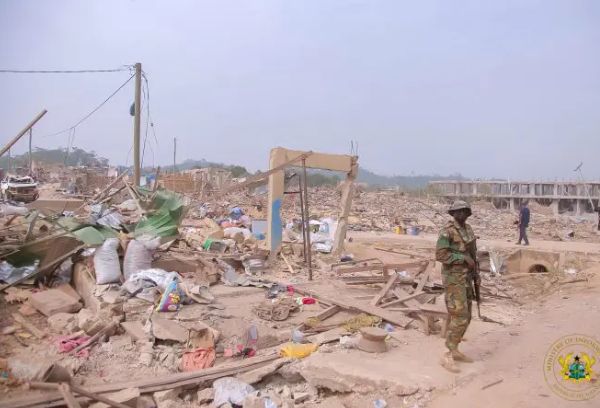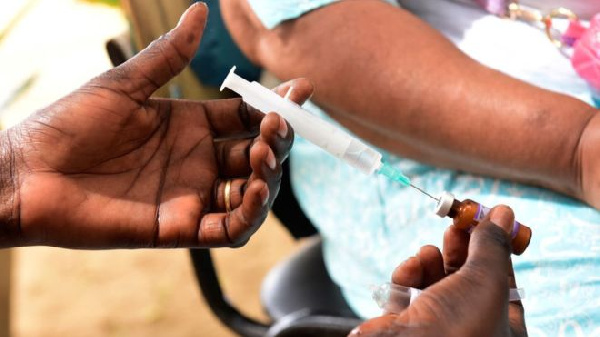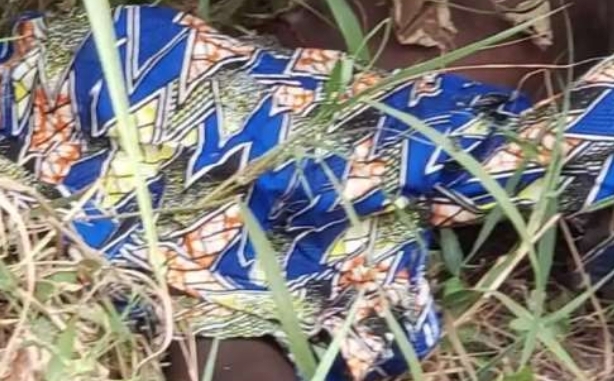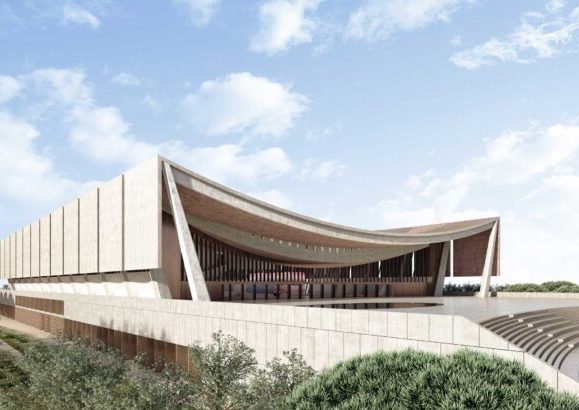FULL TEXT: Statement by Dzifa Gomashie on World Elder Abuse Awareness Day 2023

In her statement, which she has shared with GhanaWeb, she made a number of calls, some of which included the need for the government of Ghana to include sicknesses peculiar to the elderly in the National Health Insurance Scheme (NHIS).
The MP, who is also a former Deputy Minister of Tourism, Culture and Creative Arts, also stated the need for the world to be guided by the fact that ageing is an ‘unavoidable phenomenon’ and as such, should not be treated like it is a disease.
Below are the full details of her statement made available to GhanaWeb:
Mr. Speaker, I am thankful for the opportunity to make a statement as we commemorate this extremely important World Elder Abuse Awareness Day (WEAAD).
Mr. Speaker, June 15th of every year is designated as World Elder Abuse Awareness Day (WEAAD). It was established by the United Nations in response to a proposal by the International Network for the Prevention of Elder Abuse (INPEA) which was initially organized in June 2006.
Today marks the day the entire globe expresses its outrage at the cruelty and suffering perpetrated on some of our elders. Abuse can occur in homes, institutional settings and may take forms such as physical, sexual, emotional or psychological, neglect, abandonment, financial or material exploitation.
Mr. Speaker, the theme for this year’s World Elder Abuse Day is “Closing the Circle: Addressing Gender-Based Violence (GBV) in older Age Policy, Law and Evidence-based Responses.”
Over the next three decades, the United Nations estimates that the number of older persons worldwide is projected to more than double, reaching more than 1.5 billion persons in 2050. The second fastest increase is projected for Sub-Saharan Africa, where the population aged 65 or over could grow from 32 million in 2019 to 101 million in 2050 (218 per cent) after North Africa and Western Asia which has recorded the fastest. In Ghana, the elderly population is projected to grow by 2.5 million by 2025 to 6 million by 2050, representing about 12% of the total population Ngnenbe, (2015).
With the growing global population of elderly people, and as longevity increases, abuse of the elderly is an occurring problem that affects health and human rights. A report by ActionAid Ghana in 2022 stated that, Gender Based Violence (GBV) is a global pandemic that affects one in every three women in their lifetime. Gender Based Violence is any inhumane treatment meted out to a person solely because of his or her gender.
In 2016, Breana Wilkerson an intern for the Council on Foreign Relations researched that Ghanaian women face barriers in reporting violence. These obstacles are rooted in a cultural belief that domestic and sexual violence is a private matter that should be addressed outside of the criminal justice system.
A public health report also showed that 33% -37% of women in Ghana have experienced intimate partner violence in the course of their relationship. Furthermore, statistics available to the Accra Regional Office of the Domestic Violence and Victims Support Unit (DOVVSU), shows that as at August 2020, 31.9% of Ghanaian women have faced at least one form of domestic violence that is physical, economic, psychological social or sexual.
Although both men and women suffer this fate, elderly women are the most vulnerable. It is sad that even though that is the case, more women are reluctant to report such violent crimes for fear of reprisal.
Mr. Speaker, in 2020, a 90-year-old woman at Kafaba Salaga in the Savannah Region was lynched due to the accusation that she was a witch. Recently in May 2023, two individuals were lynched at the Mion district of the Northern Region on suspicion of practicing witchcraft. Sicknesses, the inability to have children, droughts, floods, fires etc. are all blamed on elderly women who are tagged with witchcraft.
RECOMMENDATION
Mr. Speaker ageing is an unavoidable phenomenon, we are all in that line; if not there already. We must get our duck in a row to enhance the protection of the growing number of elderlies in our communities. As an African proverb goes “A village without elders is like a well without water”
Mr. speaker, I applaud the Livelihood Empowerment Against Poverty (LEAP) initiative. It is a social protection intervention started in 2008 targeted at the poor in the society. This was done by offering cash and food as well as promoting access to social services and opportunities among the poor and vulnerable in the society.
The inability of the aged over 60 years to be actively employed to earn an income can deplete their finances after a while. It is therefore important that the LEAP programme is designed to prioritize the older men and women because after the age of 60.
Mr. Speaker, it is a fact that old age comes with many health implications. For this reason, the Ministry of Health and Ghana Health Service should consider widening the health insurance scheme to cover many illnesses especially those associated with old age.
In addition, more health practitioners should be trained to offer services that are tailored to cater specially to older men and women in our societies. This will help reduce the mortality rates of the aged. Many aged people are dying from illnesses that could be treated with simple medical procedures and medications. This should not be the case.
Mr. Speaker, permit me to acknowledge the good works of my colleagues the Honorable Member of Parliament for Wa East Constituency, Hon. Dr. Godfred Siedu Jasaw and Hon Francis Xavier Sosu Honorable Member of Parliament for Madina for their bold step towards ensuring the passage of the anti-witchcraft bill to restore sanity and dignity to victims. There is an urgent need to call the bill to be passed by parliament.
The ideology of isolating elderly people considered to be witches and wizards in witch camps such as Gambaga Witch Camp, Kukuo Witch Camp, Nabuli Witch Camp in the Northern Region is inhumane and must be demolished.
Mr. Speaker, I humbly make a call for the critical look at the well being of older Members of Parliament, workers in all professions and those in the unemployed bracket. This brings to mind the senior citizens who resorted to picketing on the premises of the Ministry of Finance to protest the government’s Domestic Debt Exchange Programme.
It is important that their concerns our taken into consideration and their needs catered to. The optics are not good and it is not our culture. I wish to appeal to the Gender Committee of this august house to take an interest in the treatment of the vulnerable in our society more seriously and demand the best for them.
Finally, As Ghanaians we all have a role to play by having a change in mindset and attitudes towards elderly people in our churches, schools, markets, buses, and society as a whole. I miss the good old days where children had utmost respect and honor for the aged. Today, the lack of empathy and care towards the aged is alarming.
To my colleague MPs, as a family unit, we can contribute to the solution by instilling in our children the essence of compassion, empathy and respect for our old men and women. Remember the good book says in Ephesians 6:1-3 “Children obey your parents in the Lord: for this is right. Honor your father and mother; (Which is the first commandment with a promise) so that it may be well with you and you may live long on the earth”.
Respectfully, Mr. Speaker, I am most grateful for the opportunity.
Source: www.ghanaweb.com





